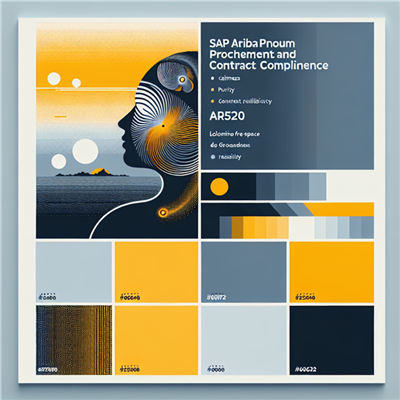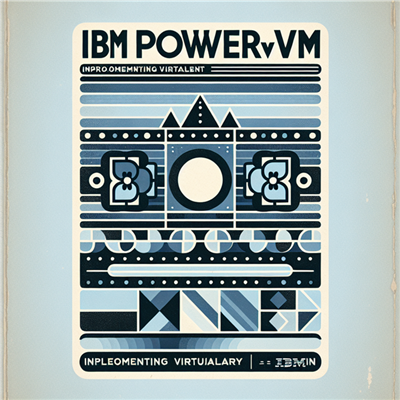
Imagine a world where developers collaborate from all corners of the globe, building software together without borders, corporate red tape, or license fees. Welcome to the world of open source development.
If you're new to coding or tech in general, you’ve probably heard the term "open source" tossed around in developer communities, GitHub discussions, or tech blogs. But what exactly does it mean? And more importantly—how can you be a part of it?
This guide is your beginner-friendly introduction to open source development—what it is, how it works, why it's important, and how you can get started, even if you're brand new to programming.
What Is Open Source Development?
Open source development refers to the process of building software whose source code is freely available for anyone to view, use, modify, and distribute. Unlike proprietary software (like Microsoft Word or Adobe Photoshop), open source software can be studied and adapted by anyone.
The software is usually created collaboratively, with contributions from developers across the world who volunteer their time, skills, and ideas.
🧠 Open Source = Open Collaboration
Examples of well-known open source software include:
- Linux (an operating system)
- Mozilla Firefox (a web browser)
- WordPress (a content management system)
- Python (a programming language)
- Git (a version control system)
These tools are widely used by individuals, startups, enterprises, and governments alike—and they’ve all been shaped by global developer communities.
How Does Open Source Work?
At the heart of open source development lies community collaboration. Here's how it typically works:
- A project is created and hosted on a platform like GitHub or GitLab.
- The source code is made public under an open source license (like MIT, GPL, or Apache).
-
Developers around the world can:
- Report bugs
- Suggest new features
- Fix issues
- Improve documentation
- Contribute code (known as pull requests)
- Project maintainers review submissions and decide which changes to merge.
This process enables continuous improvement, peer review, and faster innovation.
Benefits of Open Source Development
Whether you’re a developer, a business, or an end user, open source has a lot to offer.
✅ For Developers:
- Skill Development: Work with real-world codebases.
- Community Learning: Collaborate with experienced developers.
- Portfolio Building: Showcase your contributions on GitHub.
- Networking: Get noticed by recruiters and tech companies.
- Give Back: Help make software better for everyone.
✅ For Organizations:
- Cost-Effective: No licensing fees for most open source tools.
- Customizable: Modify the code to fit business needs.
- Security Transparency: Anyone can audit the code.
- Innovation: Tap into a global talent pool.
Popular Platforms for Open Source Collaboration
To contribute to open source, you'll usually work through one of the following platforms:
- GitHub – The world’s largest open source development platform.
- GitLab – Offers CI/CD tools and DevOps features.
- Bitbucket – Integrates with Atlassian tools like Jira.
Each platform hosts repositories (or “repos”) where the code lives. These repositories typically include:
- A README.md (explaining what the project is)
- An open source license
- Contributing guidelines
- Issues (bugs, feature requests, tasks)
Open Source Licenses Explained (Simply)
Every open source project has a license that defines how the code can be used. Common licenses include:
- MIT License – Very permissive, allows reuse with attribution.
- GNU GPL – Allows reuse but requires derivative works to also be open source.
- Apache License 2.0 – Like MIT but with explicit patent rights protection.
As a contributor, you don’t usually need to choose a license (unless you’re starting your own project), but it’s good to understand how they work.
How to Get Started with Open Source (Step-by-Step)
If you're a beginner, don’t worry. You don’t need to be a coding expert to contribute! Here's how to start:
1. Set Up Git and GitHub
- Learn basic Git commands: clone, commit, push, pull, fork.
- Create a GitHub account.
- Explore repositories using GitHub Explore.
2. Find Beginner-Friendly Projects
Look for labels like:
- good first issue
- help wanted
- beginner friendly
Websites like up-for-grabs.net and firstcontributions.github.io are great places to start.
3. Start Small
- Fix typos or broken links in documentation.
- Improve README files or tutorials.
- Tackle minor bugs or create test cases.
4. Engage with the Community
- Join the project’s Discord, Slack, or mailing list.
- Be polite and professional in GitHub Issues and Pull Requests.
- Ask for feedback and keep learning.
5. Work Your Way Up
Once you're comfortable, contribute to core features, write plugins, or even become a maintainer of smaller projects.
Common Myths About Open Source (Debunked)
❌ “I need to be an expert.”
Nope! Many contributors start by fixing typos or improving docs.
❌ “It doesn’t help my career.”
Actually, recruiters often check GitHub to assess coding skill and collaboration.
❌ “I’ll never get my code accepted.”
That’s why there are maintainers—they help you improve and guide you.
Final Tips for Beginners
- Be patient and persistent—open source is a long game.
- Don’t be afraid to ask questions or admit you’re new.
- Learn from code reviews; they’re not criticism—they’re mentorship!
- Track your contributions with GitHub’s profile insights.
Conclusion
Open source development is one of the most powerful forces in modern software—built on openness, collaboration, and community. Whether you're looking to sharpen your skills, give back to the community, or build a portfolio that catches an employer’s eye, contributing to open source is a rewarding and impactful journey.
Start small. Stay curious. And remember—you don’t have to be an expert to make a difference. With every issue fixed or line of code added, you’re contributing to a global movement of innovation and learning.
For anyone looking to build a career in software development, understanding and mastering Open Source Development is crucial. Koenig Solutions, a leading IT training company, offers comprehensive courses in open source development, helping you gain the skills necessary to excel in this field.
Wrap up your learning journey by opting for a certification from Koenig Solutions, and stand out in the competitive IT landscape.







COMMENT